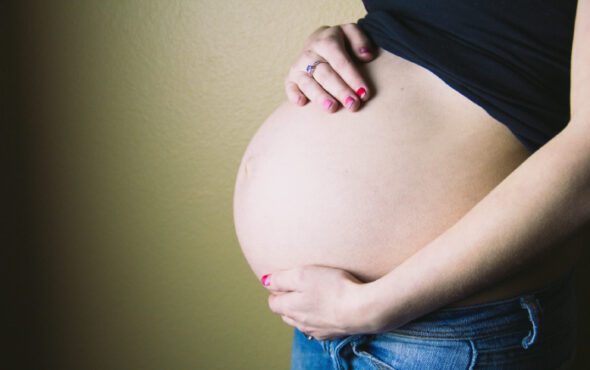
Barriers facing queer women and trans people trying to access NHS-funded IVF treatment have been removed, the Department of Health and Social Care (DHSC) has confirmed.
Until now, they had to pay up to £25,000 for private healthcare before being able to access the services – or give up their hopes of becoming parents entirely if they could not afford to do so.
In contrast, cisgender heterosexual couples had to try to conceive for two years before getting access to funded IVF treatment.
However, it was confirmed on 20 July that the requirement for queer women and trans people to pay for artificial insemination to prove their fertility status has now been dropped.
Instead, they will start with six cycles of artificial insemination before accessing IVF services if necessary.
The updated policy will cover same-sex female couples, trans men and non-binary people who are able to get pregnant and may require access to the treatment.
“This is a giant step towards a world where LGBTQ+ people have the same opportunity as everyone else to build a loving, thriving family of their own,” said Nancy Kelley, CEO of Stonewall, which has lobbied for the change in its #IVFforAll campaign for several years.
🆕 Today we have published the first ever #WomensHealthStrategy for England 👩🏼👩🏾
It sets out an ambitious plan to tackle the gender health gap in the healthcare system by making sure women's voices are heard and they get the care they need.
Details 🔻https://t.co/zIb6Q4yfBg pic.twitter.com/zpfS680cs0
— Department of Health and Social Care (@DHSCgovuk) July 20, 2022
The changes were announced as part of the government’s first Women’s Health Strategy, which will also see £10 million of funding for a breast screening programme that will provide 25 new mobile breast screening units, among other things.
Steve Barclay, the Health Secretary, said: “Our health and care system only works if it works for everyone.
“It is not right that 51% of our population are disadvantaged in accessing the care they need, simply because of their sex.
“The publication of this strategy is a landmark moment in addressing entrenched inequalities and improving the health and wellbeing of women across the country.”



